How to Solve Aggression Between Domestic Cats
 June 7, 2023
June 7, 2023
Aggressive behavior between household cats is a common problem, and it can lead to tension between cats and a discordant home environment. If there is aggression between your domestic cats, then you need to take some steps to address the problem. Here are some tips to help you deal with aggression between household cats.
Lack of Socialization
Lack of socialization is one of the common causes of aggressive behavior in household cats. If your cat is not properly socialized with other cats or humans, they may exhibit aggressive behavior. To solve this problem, you can gradually introduce other cats or humans to help your cat adjust to the social environment. The gradual introduction process requires patience and time, ensuring that each cat is given enough space and a sense of security.
Introducing a New Cat
When you introduce a new cat, the existing cat may feel threatened, leading to aggressive behavior. To reduce conflict, you may choose to introduce new cats gradually. Start by putting the new cat in a separate room and gradually bring the existing cat into contact with the new cat so that they become familiar with each other's smell and presence. Gradually increase the amount of contact time and interaction between them until they can coexist peacefully.
Resource Competition
Household cats' aggressive behavior may be due to resource competition between them. For example, food, water, litter box and sleeping area. To address this, you can provide adequate resources, ensure that each cat has its own food and water source, and provide adequate litter boxes and sleeping areas. This reduces the competition for resources and thus reduces the incidence of attacks.
Medical Issues
Sometimes, aggression can be caused by medical issues. For example, pain, discomfort, or other health problems may cause a cat to exhibit aggressive behavior. If your cat is exhibiting unusual aggressive behavior, it's a good idea to take them to the vet for a checkup to rule out any potential medical problems.
Lack of Hunting Outlets
Cats are natural predators, and a lack of hunting outlets can cause them to exhibit aggressive behavior. To satisfy their instinctive needs, you can provide hunting toys, puzzles and activity Spaces to help them release their energy and satisfy their hunting desire.
To sum up, addressing aggression between household cats takes time, patience, and a proper approach. Lack of socialization, introduction of new cats, competition for resources, medical problems, and lack of hunting outlets can all contribute to aggressive behavior among domestic cats. By gradually introducing, providing adequate resources, checking for medical problems, and providing an outlet for hunting, you can reduce aggressive behavior among domestic cats and create a harmonious home environment.
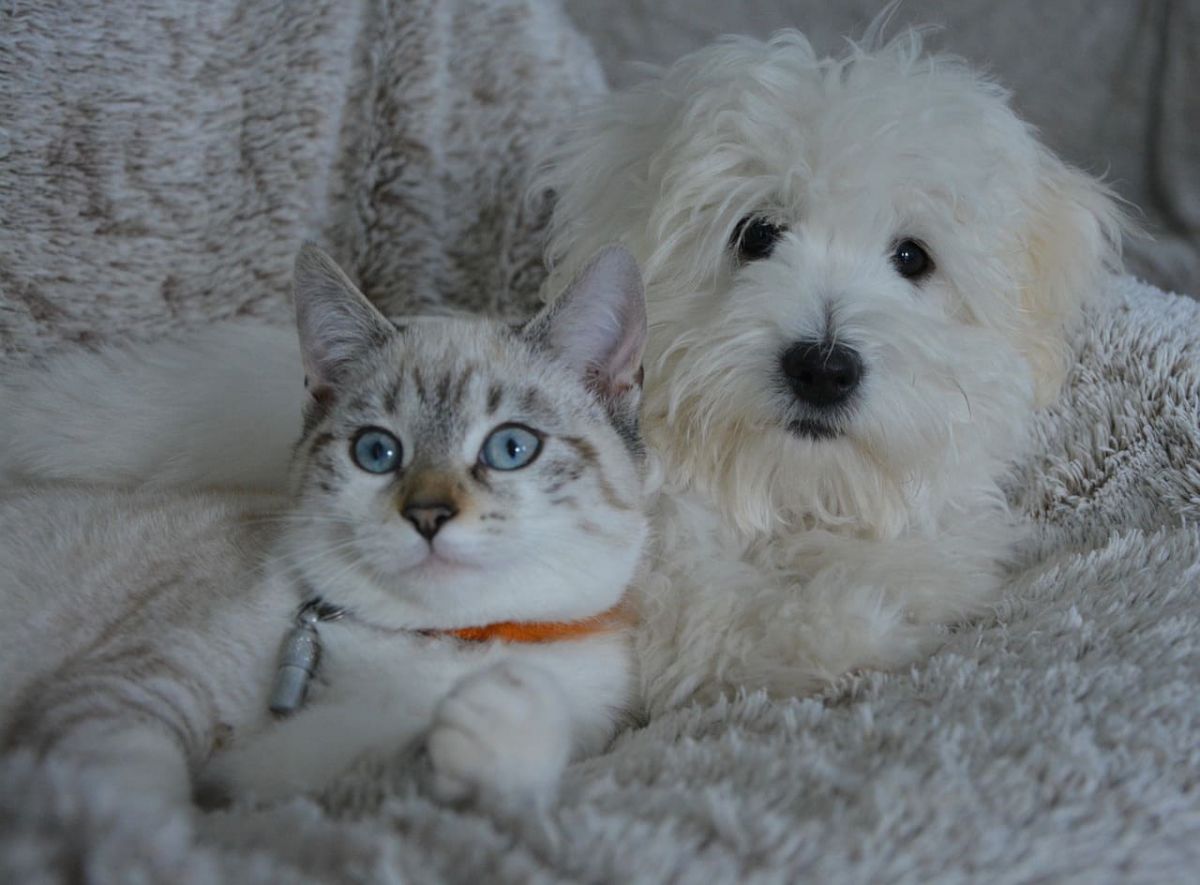
An Authoritative Glimpse into the World’s Top Ten Most Popular Categories of Pets

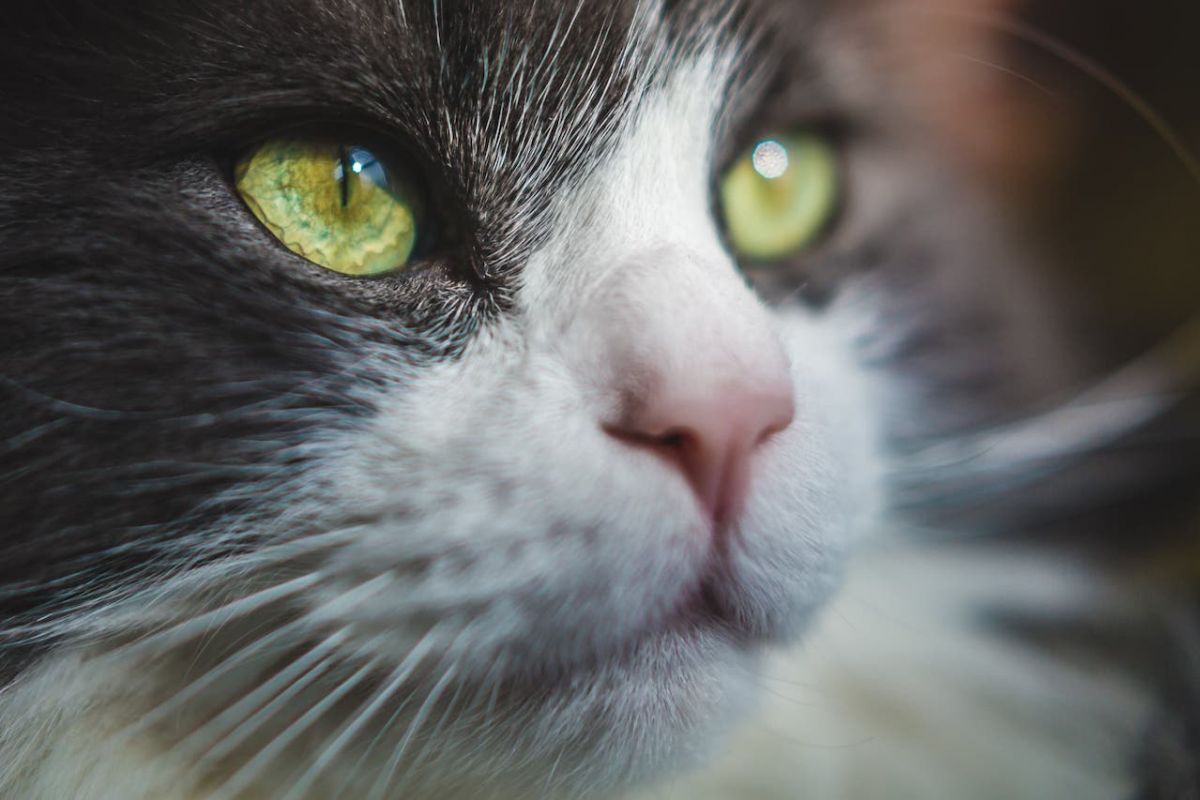
Why Do Cats Squirm Before Pouncing


True Heartwarming Stories: The Unbreakable Bond Between Animals and Humans

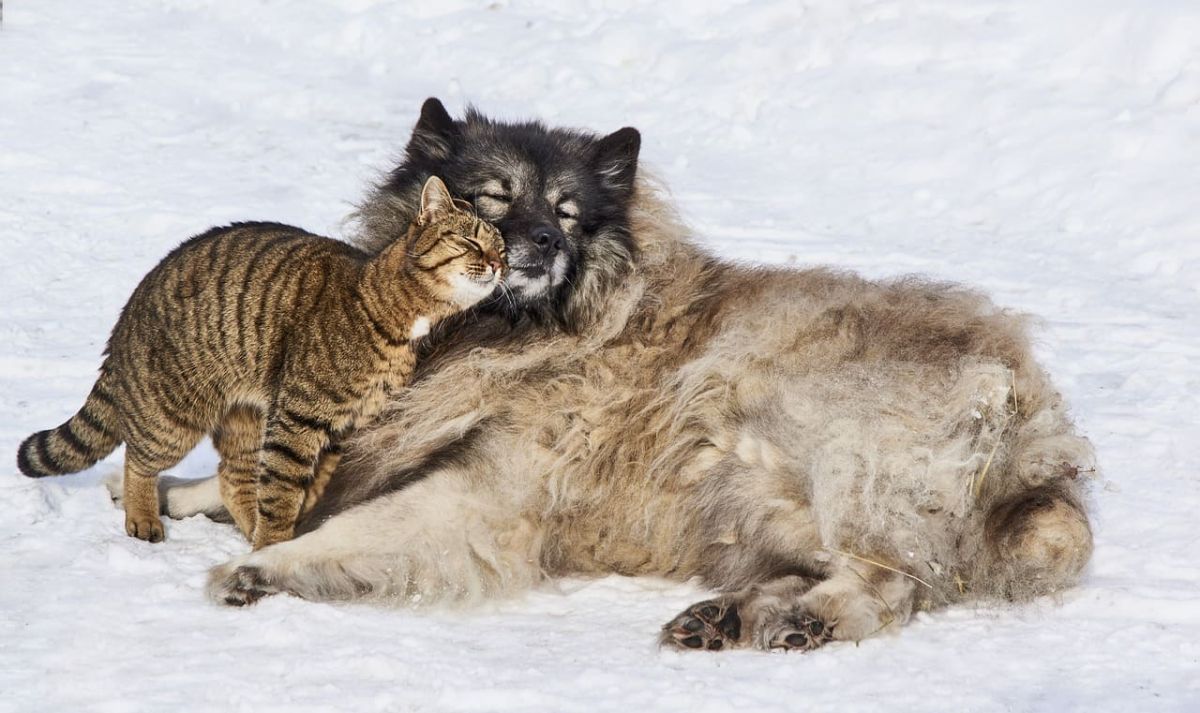
Pets’ Interesting News and Anecdotes


Owning a Pet May Help Maintain Mental Health When We’re Over 65


Pet IQ Test: Explore Your Pet's Intelligence and Potential

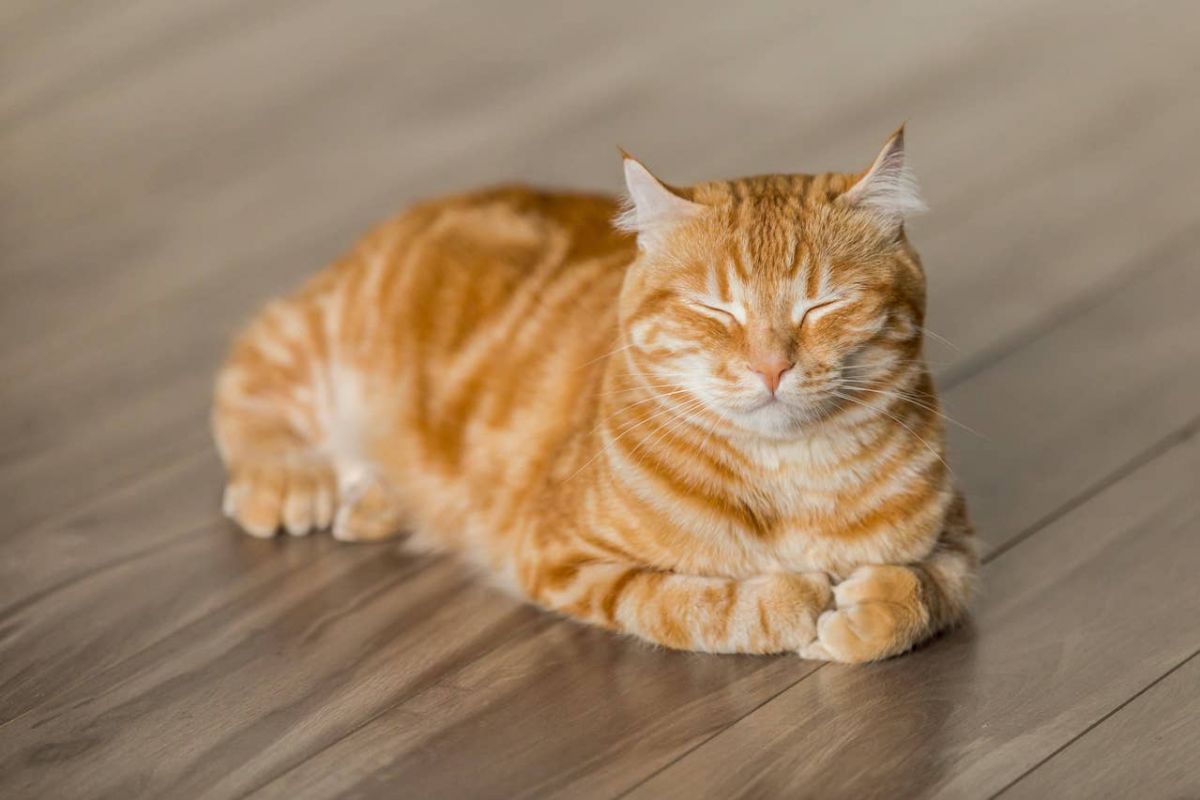
Pet Insurance: A Must for Comprehensive Pet Protection

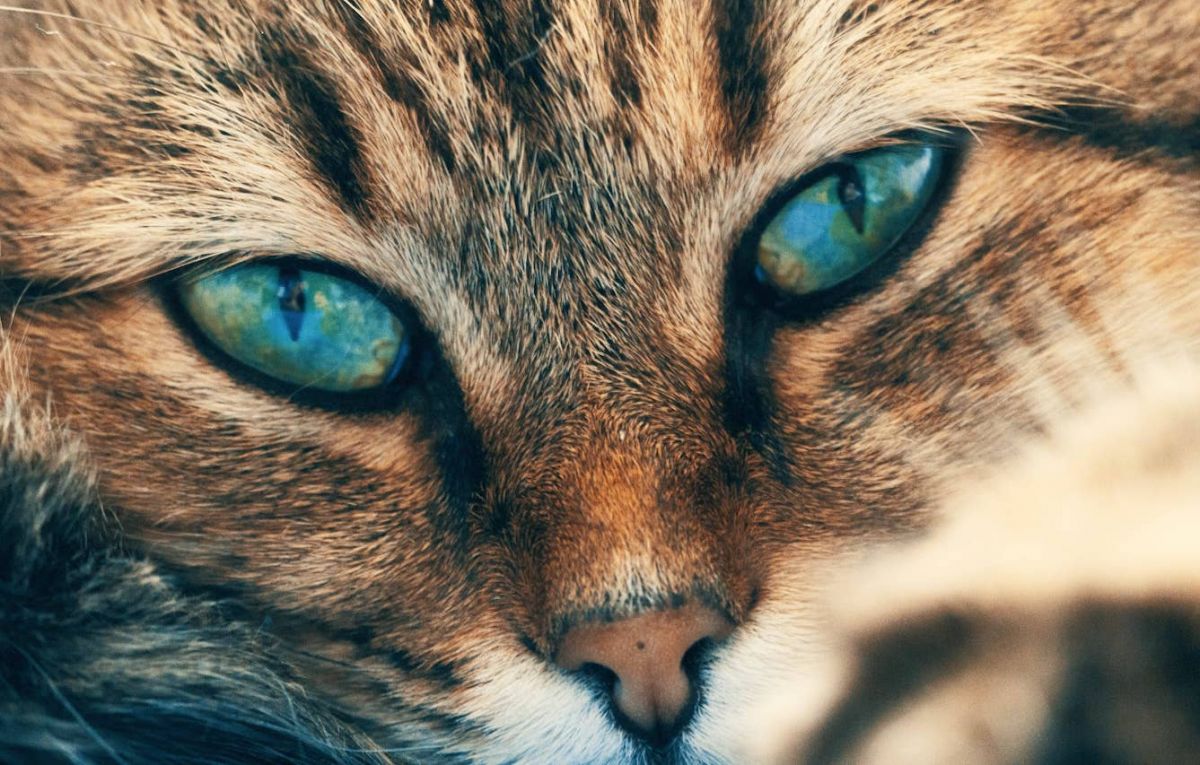
Instruction to PetSmart















